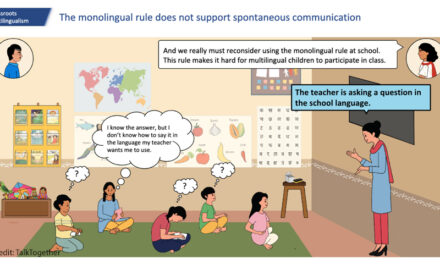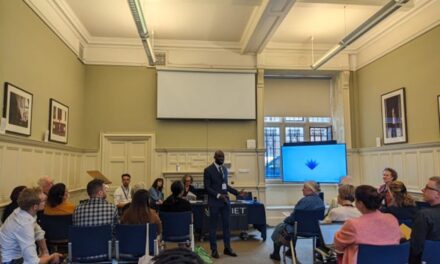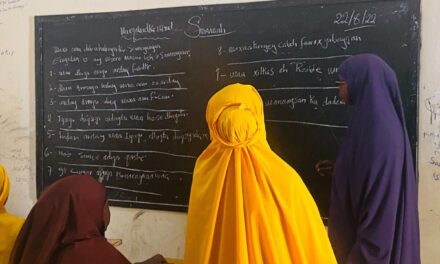This article is by the theme convenors of one of six 2023 UKFIET conference themes, ‘Planning, finance, technology and data’: Sally Rosscornes, UNESCO International Institute for Educational Planning, and Ellen Smith, Aga Khan Foundation. This is published in the lead up to the September 2023 conference to help participants decide which sessions to attend.
As part of the overall theme of Education for Social and Environmental Justice: Diversity, Sustainability, Responsibility at this year’s UKFIET conference, the sub-theme of Planning, Finance, Data and Technology brings a rich collection of perspectives from practitioners, researchers, funders and other stakeholders in international education.
Amid global reports of stagnant progress in the drive for equality, solutions which can have large scale impact in achieving justice and equity through education are more sought after than ever. This ambition is reflected in the range of presentations we can look forward to under our sub-theme. We will be hosting symposia which bring to the table and will foster discussion around the behind-the-scenes dilemmas faced by planners as they balance the costs, risks and potential gains of moving successful-looking and innovative approaches to scale.
The concept of difficult choices is continued in a collection of papers on how to proactively ensure educational technology is inclusive and serves to diminish rather than exacerbate existing disparities, and a session on value for money will raise questions about what is valued in education and how these elements can be multiplied.
An interactive creative session will invite participants to debate ‘who matters in measuring what matters’ and will set the tone for further sessions looking at the importance of data system design in order for social and environmental justice to be prioritised and accurately monitored in the delivery of education.
At the online day on Thursday 7 September, the focus will be very much on education technology, with examples of how edtech is being used in teacher professional development to promote equity, in monitoring to enable a deeper understanding of the intersecting factors which influence the success or failure of large scale access programmes, and in the growing trend of shadow education. Presenters will be keen to hear from delegates about their own experience in these areas.
Overall, sessions under this sub-theme will address the breadth of planning, finance, technology and data. Highlighting both promising interventions to advance inclusion and sustainability, as well as points of critique, sessions are sure to provoke stimulating and inspiring discussion amongst delegates.





